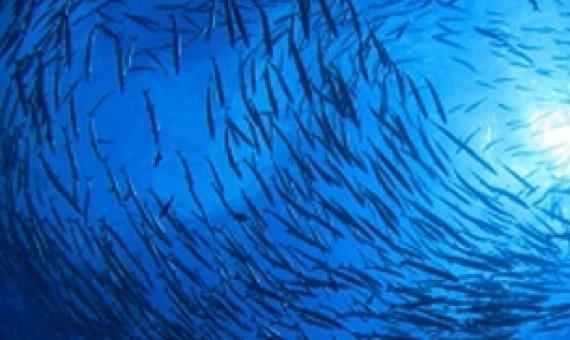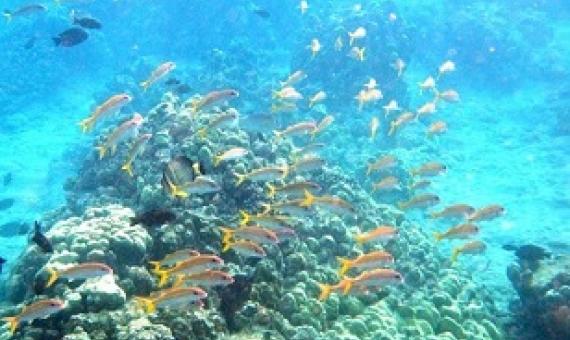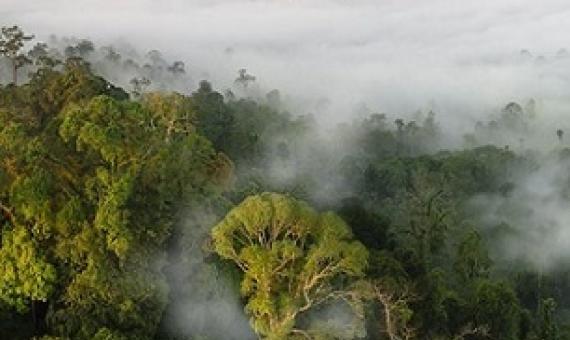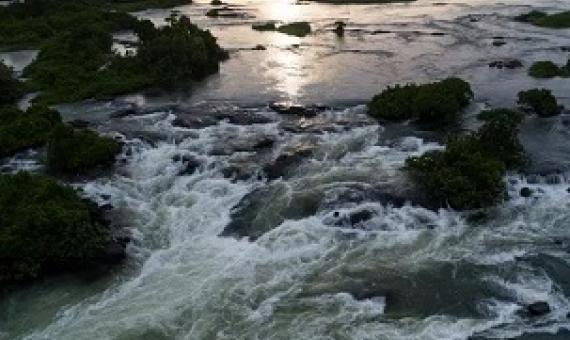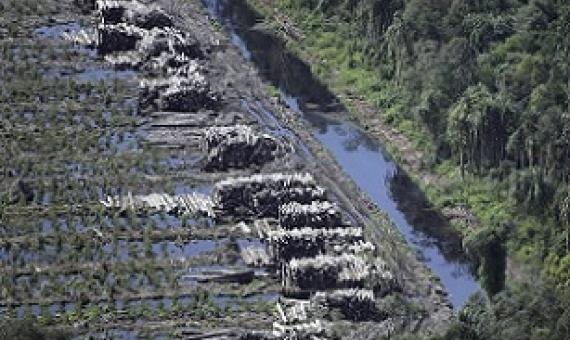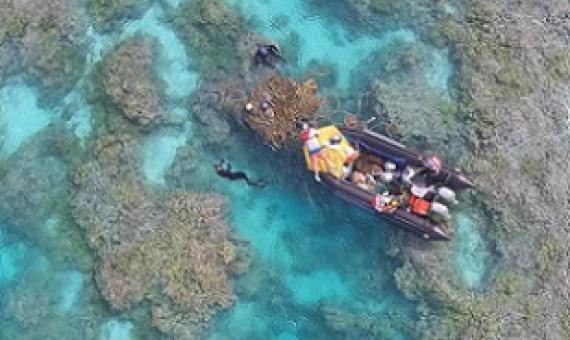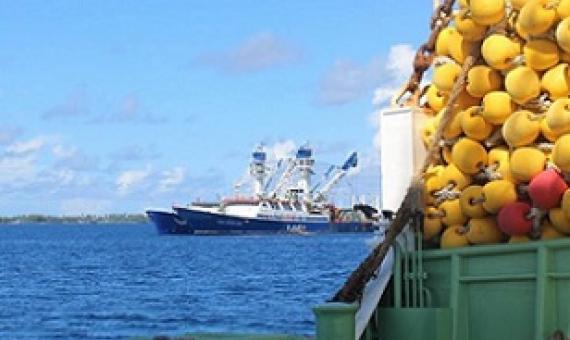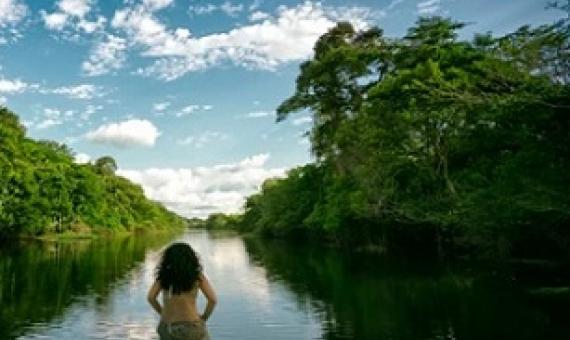A recent study supports the hypothesis that MPAs could be beneficial for climate change, maintaining biodiversity, and boosting the yield of fisheries...But University of Washington Professor of Aquatic and Fishery Sciences Ray Hilborn told SeafoodSource that the study – and t
The Biden-Harris Administration’s policy, as written in Executive Order 14008, calls for the U.S. to conserve at least 30 percent of U.S. lands and waters by 2030. Ocean and coastal resources in the United States are conserved through a variety of legal authorities and conservation strategies.
Germany helped launch a new billion-dollar fund on Wednesday to tackle rapidly depleting global biodiversity, as countries missed key land and marine conservation targets but prepare to ramp up efforts in the decade ahead.
At the upcoming CBD, countries are expected to reach an agreement to protect 30 percent of the world’s oceans and land by 2030. But which land is protected, as part of this agreement, matters immensely.
The natural world is in a state of crisis, and we are to blame. We are in the midst of the Sixth Extinction, the biggest loss of species in the history of humankind.
Alternatives to marine protected areas could help meet global conservation target by 2030.
Over 50 nations want to put 30% of the world’s land and waters into protected status by 2030. Advocacy groups for indigenous people say the move would force 300 million people off their land.
A report released by officials from the Biden administration on Thursday, 6 May calls on NOAA to expand the National Marine Sanctuaries System and National Estuarine Research Reserve System.
Some countries and major non-governmental organizations are promoting the ‘30 by 30’ campaign to ‘protect and conserve’ at least 30 percent of the planet – including the ocean – by 2030.
There is persuasive evidence that far-reaching protections for the planet’s remaining forests, grasslands, wetlands, coastal marshes and other ecosystems are urgently needed, not only to prevent the further decline and extinction of other species but to stabilize the global climate.

